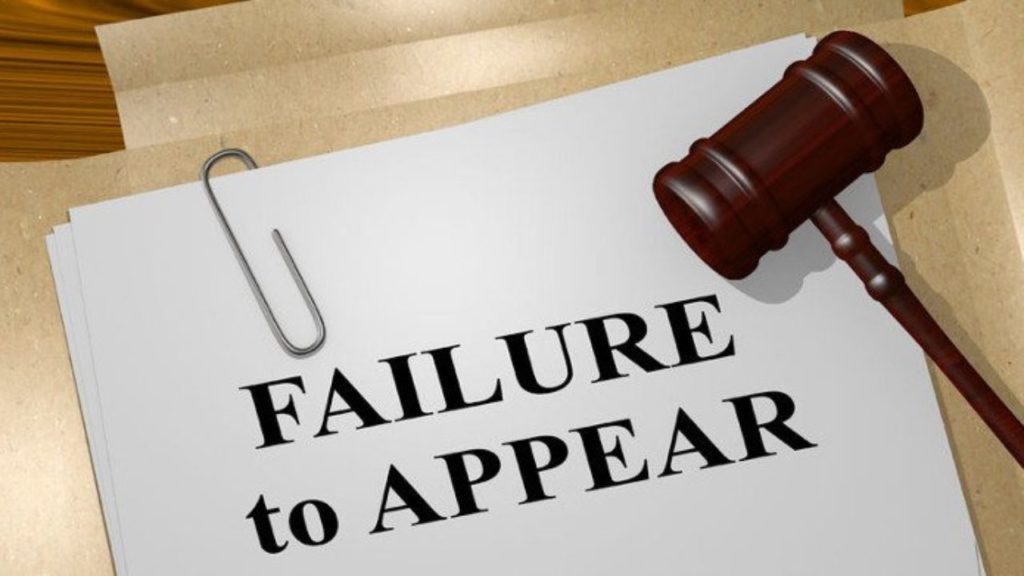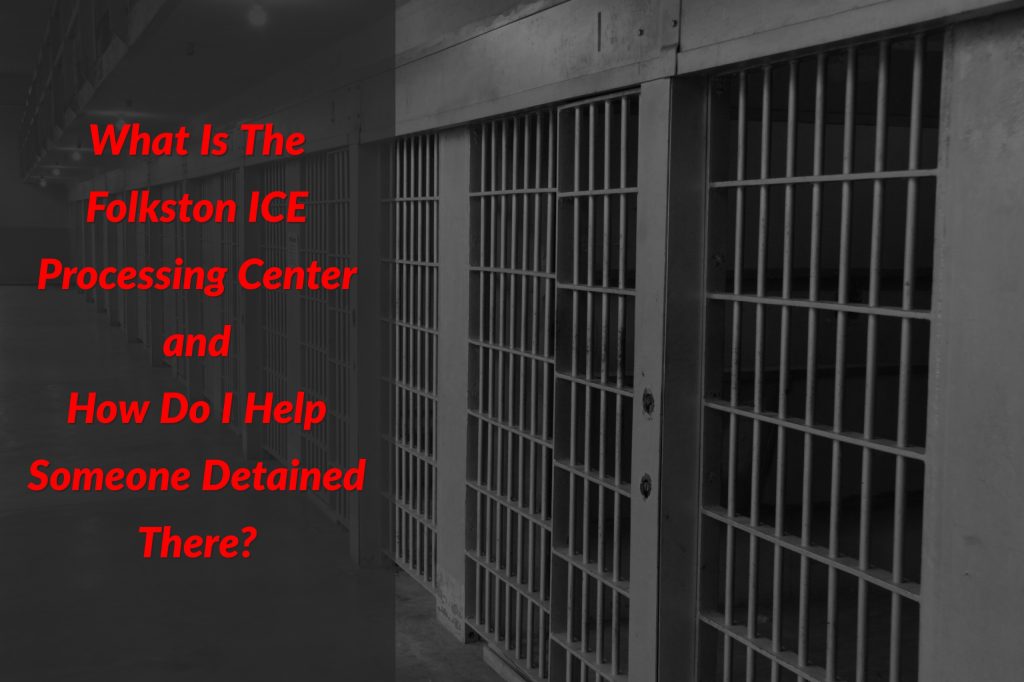The Orlando Immigration Court has finally moved to the new space in downtown Orlando! This move was years in the making and is a welcome expansion and modernization from the old building where the court has been for over a decade. The address for the new building is 500 N. Orange Avenue, Suite 1100, Orlando, Florida 32801. The new building is shared with the Social Security Administration and the SSA signage on the building is very prominent. But do not be fooled, the Orlando Immigration Court and the Department of Homeland Security’s Office of the Principal Legal Advisor (OPLA-the ICE attorneys) are both located in the building.
Finding the Orlando Immigration Court and Parking
The entrance to the Orlando Immigration Court is on the southeast corner of the building on North Orange Avenue and the entrance doors have multiple DOJ (U.S. Department of Justice) Emblems on the doors so you know where to enter. The Immigration Court is administered by the Executive Office of Immigration Review (EOIR) which is part of the Department of Justice, just in case you are wondering why there are DOJ signs on the door. Parking is an issue. There is a small surface lot with an entrance off of Amelia Street just west of Orange Avenue. That lot has about 20 or so spaces and there is a fee to park there. I am told there are additional paid spaces in the parking garage attached to the building, but they may be hard to locate. Luckily, there are parking meters on both sides of Orange Avenue with a two-hour time limit that provides for additional parking in front of the court. The meters accept credit cards, but some are not working. There is a large vacant lot across from the court in between Orange Avenue and Magnolia Avenue and it is fenced but has multiple entrances. There is no fee to park in that lot (at least for now) and there is an exit from that lot onto Orange Avenue so that you can walk directly to the immigration court from the lot.
 Florida Immigration Lawyer Blog
Florida Immigration Lawyer Blog







